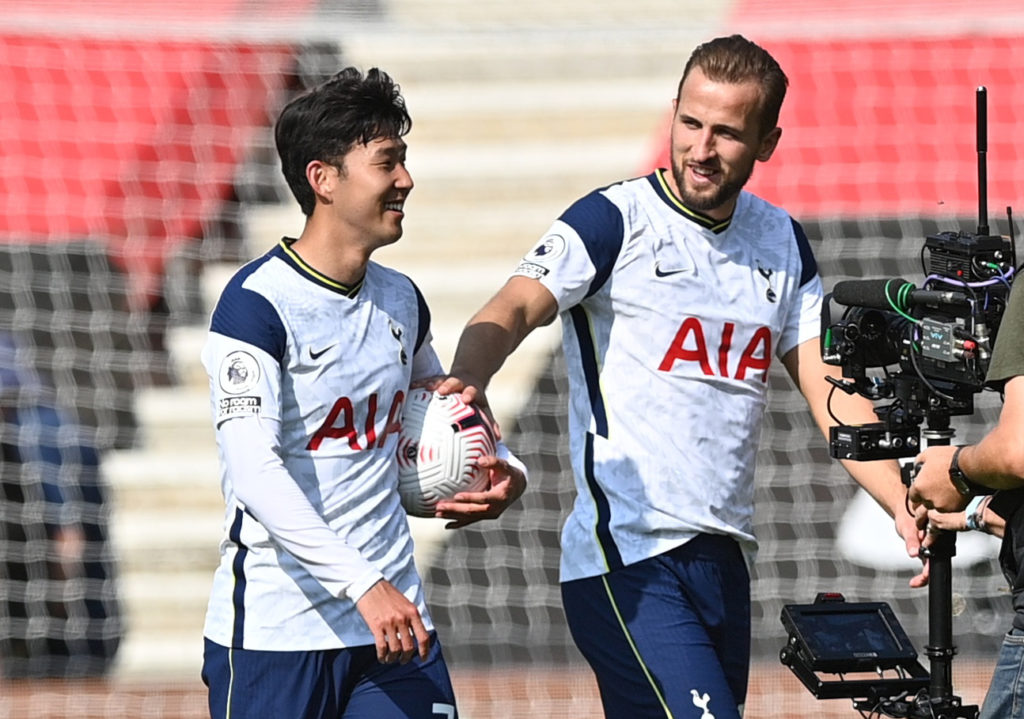“It was the best of times, it was the worst of times …it was the spring of hope, it was the winter of despair.”
- Charles Dickens, ‘A Tale of Two Cities’.
Dickens may not have been speaking specifically about the opening Gameweeks of an FPL season (we’ll never know for sure) but his words are, nonetheless, fairly appropriate. While it has, indeed, been a tale of two Gameweeks thus far, there will be some who have done far, far better than others.
I love the start of a new FPL campaign as much as the next Fantasy manager but, I have to admit, it’s also among the most challenging parts to navigate successfully. Not only are we operating with very little information, but many of us also have to deal with the fact that some mini-league rivals have, somehow, already opened up what might appear to be unassailable leads.
Of course, this is the part of the season where we regularly preach patience and encourage people to avoid panic-driven decisions that they might later regret. Phrases like ‘it’s a marathon, not a sprint’ are commonplace on FPL forums and we might also comfort ourselves with our vague childhood memories of a story about a race between a tortoise and a hare.
This article, however, will focus on why those people who have shot to the front probably won’t stay there, and why those chasing shouldn’t panic, yet.
The House Money Effect

Gamblers and investors, in particular, may be familiar with the ‘House Money Effect’, a cognitive bias first popularised by Nobel Prize-winning economist Richard Thaler.
Essentially, the House Money Effect draws off the principles of ‘mental accounting’; the idea that we categorise money and expenditures into different accounts in our mind, and we evaluate outcomes in relation to these.
So, for example, we might have mental accounts such as ‘beer money’, ‘college funds’ or ‘holiday money.’
The House Money Effect often occurs when we receive money in an atypical manner. For example; winning a bet, receiving a bonus or profiting from an investment.
Behavioural psychologists have observed that people take far greater risks with such sums than they would with their savings or regular earnings. They also find that people also tend to be more generous with such windfalls than they might otherwise be.
The proposed reason for this phenomenon is that, psychologically, people don’t perceive these sums to really be their money, it goes into a completely different mental account to money earned in the normal way. It’s the casinos or ‘the house’s money’ and, thus, we tend to treat it that way. At best, we make more money from the risks we take with it. And at worst, we end up with our original stake, no better or worse off than we were before and, because we think we’ll be okay with either outcome, we’re inclined to treat it as fun money.

I would argue that, due to their windfall of FPL points, Fantasy managers who do very well in the opening few Gameweeks are substantially more at risk of succumbing to the House Money Effect than normal.
This might translate into them spending some of those points via hits, making riskier transfers, making transfers when it might have been objectively more sensible to save them or simply being less rigorous in their selections, captaincy or transfer decisions.
Now, this isn’t to say that high-flying managers simply got there by luck, much in same as an investor doesn’t profit entirely by luck, it’s simply stating that, due to this cognitive bias, the extra points they have scored may seem like ‘house money’ to them, and they’re likely to be more inclined to risk them as a result.
Essentially; if they blow their lead, they’re no worse off than their competitors and this, mentally, becomes their baseline.

There is some evidence that may support this having already occurred too. Between Gameweeks 1 and 2, the average number of points spent on transfers via hits by FPL managers was 2.28 points overall but, among the Top 10k, this rose almost 20% to 2.72.
Rationally-speaking, the Top 10k should have had less cause to make any transfers, let alone take hits, based on Gameweek 1 but, instead, they made more transfers and spent more points on them.
The Top 10k also scored fewer gross points on average than the overall (53.27 vs 59.55). Naturally, in a single gameweek, this could simply be luck, but it could also be a result of less rigorous decision-making caused by the House Money Effect.
So, for those chasing, the key lessons from this are to not panic, to not make the same mistakes that the people above you probably will, and to take advantage of these mistakes to close the gap. That means avoiding hits, risky captaincies and panic moves like Wildcarding unnecessarily.
It is worth bearing in mind that many of those who held firm with their Gameweek 1 squad profited as a result in Gameweek 2. As Guns ‘n’ Roses singer Axl Rose once said, “All we need is a little patience” though, again, it’s unclear whether he was talking about FPL specifically.
Naturally, there is also a fairly obvious lesson in all of this for those FPL managers who are doing really well after two Gameweeks, which I suppose I could spell out, but, honestly, who really wants to help those people anyway?
My Gameweek 3 Team
Former Fantasy Premier League world champion and four-time finisher in the top 7k Simon March gives us the lowdown on his thinking for the new campaign.



4 years, 1 month agoDavies to start on sunday?